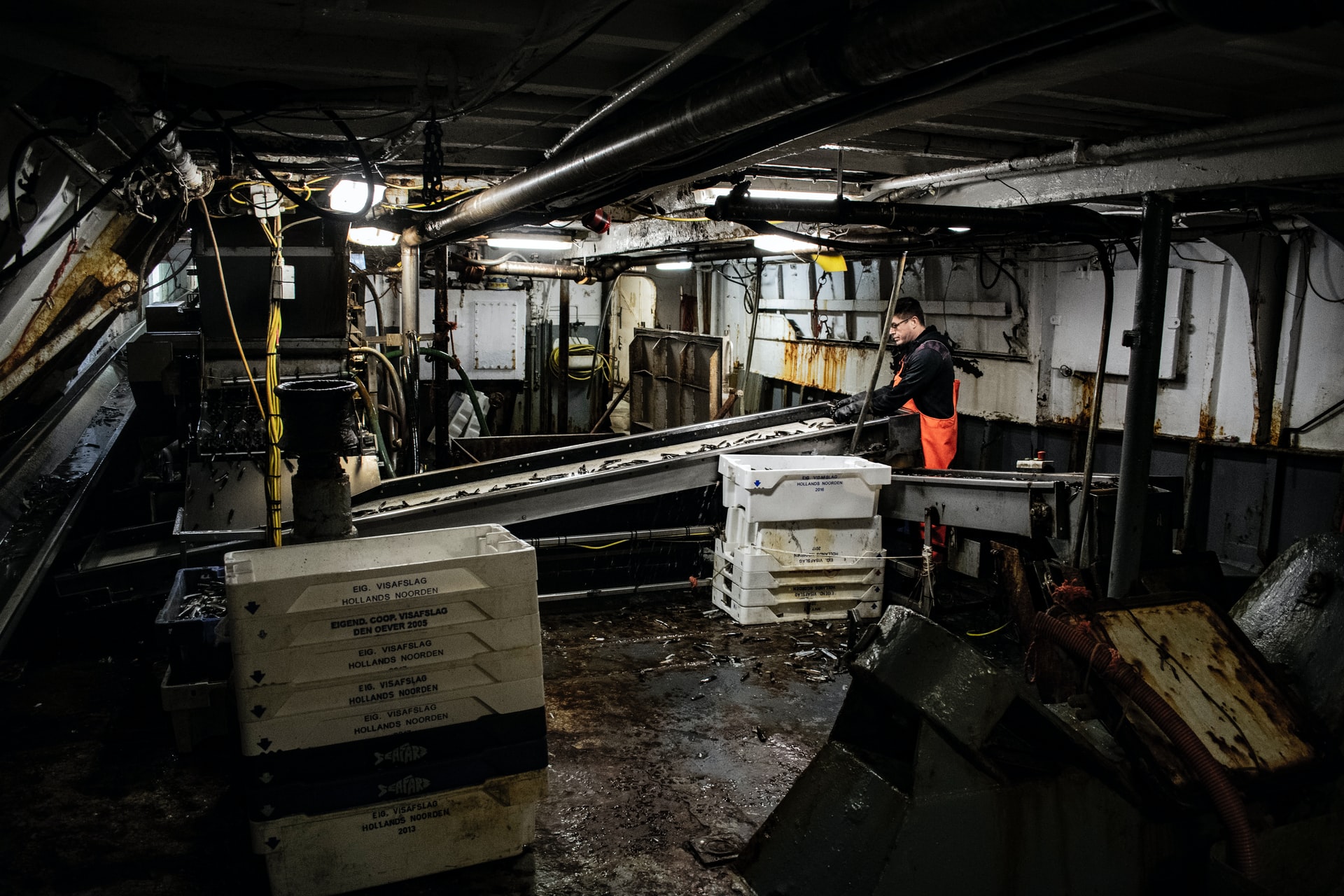It’s not uncommon for basements to have stone walls. There are unfinished basements with stone walls as well as finished ones. Not everyone opts for drywall when deciding on their finished basement. For some, a coat of paint or raw brick is just more appealing. However, with stone basement walls comes the ability to spot basement moisture. While many people are fine with ignoring basement moisture, POM Waterproofing is here to let you know why this could be a terrible – and costly – mistake.
Where Does It Come From?
The first thing you need to know is, where is your basement moisture coming from? In some cases, basement moisture is just condensation. This comes from your basement walls being uninsulated. Therefore, when they get cold, the moisture in your warm basement collects there. This is the same way your glass of lemonade sweats on a hot day.
However, ignoring this moisture without confirming that it’s condensation can be dangerous. That’s because, on the flip side, you can also get moisture on your basement walls from leaking cracks. If your basement walls have cracks in them, even tiny ones that you can barely see, they can leak in moisture and water from the ground outside.
What Does It Mean?
If your basement walls are leaking moisture in from outside, it doesn’t actually mean a whole lot. Simply put, your basement walls are stone, and stone is fallible against water. Water is able to erode stone at a surprisingly fast rate. Even if your house is only 10 years old, it may be leaking exterior moisture into the basement.
However, while the leaking itself isn’t complicated, the result of it might become complicated. Let’s look at how this can cause long term damage.
Long Term Damage
Basement moisture isn’t something to scoff at. It can go from a slightly damp wall to something worse in no time at all. Here’s how:
The first danger of ignoring moisture problems is the potential for mold growth. Mold loves moisture even more than it loves outright water. When your basement walls are damp all the time, they provide an environment for mold to thrive. This mold can grow directly on the walls, spread to your carpet, get into your subfloor, and ultimately rot the structure of your house. Mold may seem like a mild irritant on the outside, but it can quickly turn deadly.
Not only does moisture risk the rotting of any wooden structural elements, it also poses serious health risks. Even for people who aren’t asthmatic or allergic to mold, breathing in mold spores can cause COPD, pneumonia, and more. This risk is even higher if you have carpeting in your basement, as each step on carpet contaminated with mold will force spores into the air. Mold in carpet is not always visible from the surface, and spores can come through from beneath, leading to an easy-to-miss health risk, all because of wall moisture.
Preventing Basement Moisture
The best way to prevent basement moisture is to confirm the source and take steps to block that source. Condensation is less than ideal, but can be avoided with a dehumidifier. Leaking basement walls, on the other hand, are best managed with exterior basement waterproofing or damp proofing. Give us a call at POM Waterproofing today and we’ll come out to assess your basement as soon as possible.




